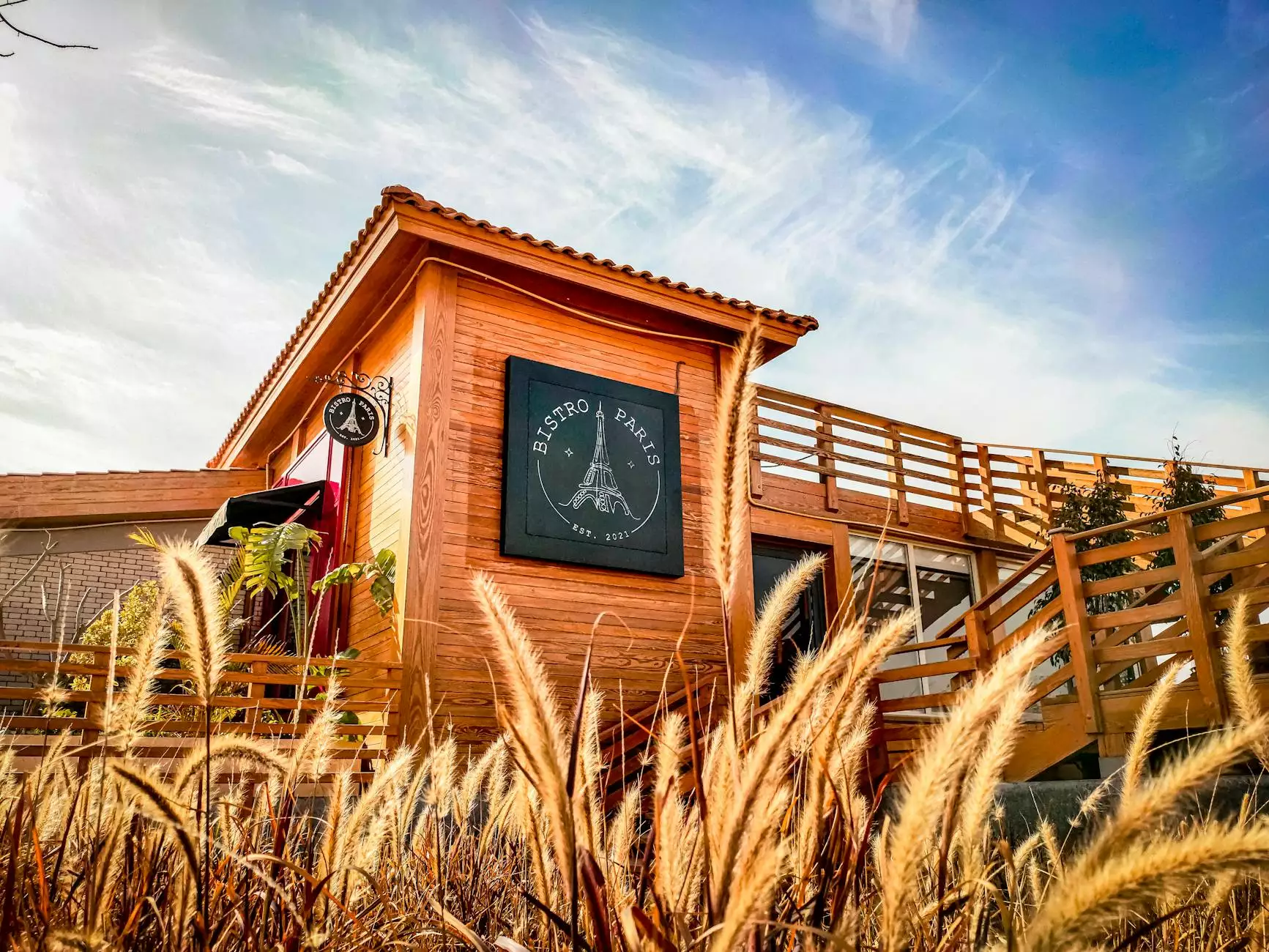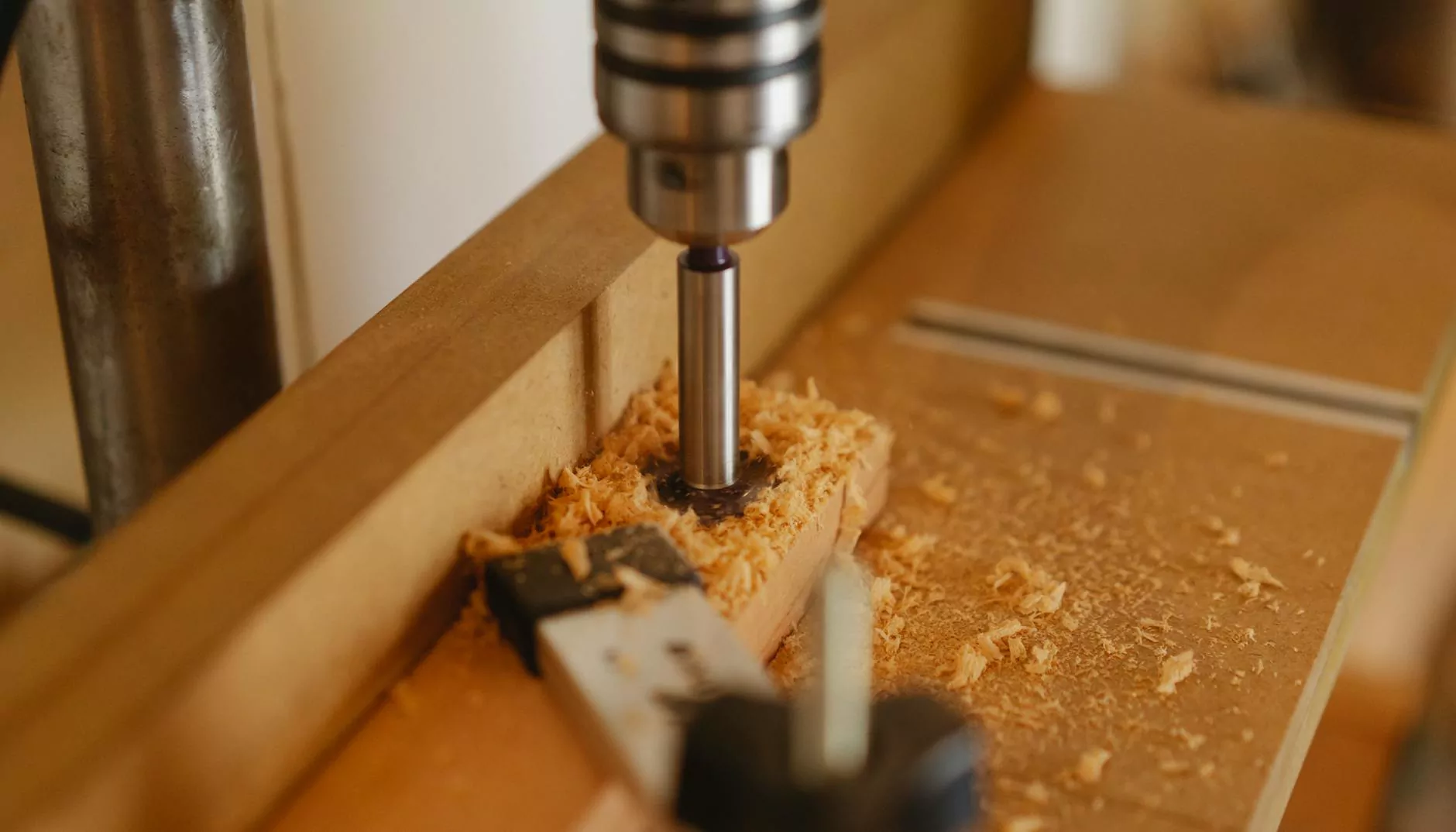Benefits of Field Processing with Drones and Cost

The Revolution of Drones in Field Processing
In today's rapidly evolving world, technology has paved the way for various innovations across different industries. One such innovation that has significantly impacted the agricultural sector is the use of drones for field processing.
Enhancing Efficiency with Drone Technology
Drones have revolutionized the way farmers manage their fields, offering a myriad of benefits that traditional methods simply cannot match. The process of обработка полей дроном цена (field processing with drones) allows for precise and efficient monitoring, mapping, and analysis of agricultural land.
Improved Data Collection and Analysis
By utilizing drones equipped with advanced sensors and imaging technology, farmers can gather comprehensive data about crop health, soil conditions, and overall field performance. This rich dataset enables precise decision-making and targeted actions to optimize agricultural operations.
Optimizing Resources and Costs
With the ability to identify specific areas that require attention, drones help farmers optimize the use of resources such as fertilizers, pesticides, and water. This targeted approach not only enhances crop yield but also reduces operational costs, ultimately leading to improved profitability.
Real-Time Monitoring and Risk Mitigation
Drones provide real-time monitoring of field activities, allowing farmers to detect potential issues such as pest infestations, diseases, or adverse weather conditions. By identifying risks early on, farmers can implement timely interventions to mitigate losses and protect their crops.
The Cost of Field Processing with Drones
When considering the implementation of обработка полей дроном цена (field processing with drones), it is essential to understand the cost factors involved in utilizing this advanced technology.
Initial Investment
The cost of adopting drone technology for field processing includes the procurement of drones, sensors, software, and related equipment. While there is an upfront investment required, the long-term benefits in terms of increased productivity and efficiency outweigh the initial costs.
Training and Maintenance
Farmers may need to undergo training to operate drones effectively and interpret the data collected. Additionally, regular maintenance of drones and software updates are necessary to ensure optimal performance and accuracy in field processing activities.
ROI and Sustainability
Despite the initial costs associated with field processing with drones, the return on investment (ROI) is significant due to improved crop yields, resource optimization, and risk management. Moreover, the sustainable practices enabled by drone technology contribute to long-term environmental stewardship.
Embracing the Future of Agriculture with Drones
As the agricultural industry continues to evolve, the integration of drones into field processing operations represents a transformative approach towards sustainable farming practices. By harnessing the power of technology, farmers can enhance productivity, reduce costs, and ensure a secure food supply for the future.
Conclusion
The utilization of drones for field processing offers a plethora of benefits that empower farmers to make data-driven decisions, increase efficiency, and optimize resources. While the cost of adopting this technology may pose initial challenges, the long-term advantages in terms of improved productivity and sustainability make it a worthwhile investment for the future of agriculture.









